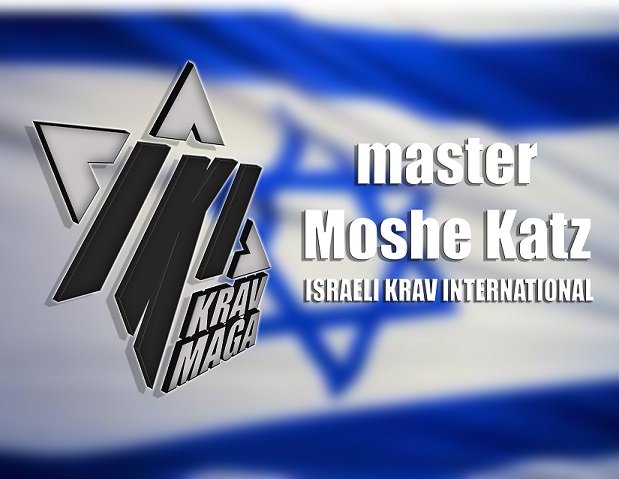- Home
- Krav Maga Blog
- Krav Instructors
- Train in Israel
- Tour Train Israel
- Krav Shop
- DVD
- Kickboxing
- IKI Near Me
- Seminars
- IKI Membership
- On-Line Training
- Krav Maga Training
- Testimonials
- History Krav Maga
- Instructors Page
- Past Blogs
- Spanish
- Italian
- Certification
- Contact
- Holland Seminar
- Vienna Seminar
- Poland Seminar
- Italy Seminar
- Belt Requirements
The Art of Remembering
By Moshe Katz
CEO
Israeli Krav International
March 20, 2018, Israel
Ever notice how when we remember something from long ago it is usually associated with some story or event in our lives?
We remember where we were when Neil Armstrong took his first step on the moon. We remember what we were doing when we heard that Arabs had attacked the Twin Towers. Every Jew who was alive at the time remembers when Adolf Eichmann was captured.
When Israeli prisoner Gilad Shalit was redeemed in exchange for one thousand Arab terrorists Israeli security questioned him. When was he moved from one location to the other? When did certain events take place? He could not remember any dates; all he could remember was which soccer (football) match was taking place at that time. (as he watched them all on television)
We remember by association. That is the reason I use so many stories when I teach. The story sticks in our mind better than the actual technique. The story helps us associate movements and concepts with stories and anecdotes. While at first the story may seem like a total waste of time, a distraction from training, eventually the student realizes that the story is an essential learning tool.
How many people remember the Biblical stories of Noah, Abraham, Samson and King David? I would say most of us. Now how many of us remember the detailed laws of ritual purity, tithing and animal sacrifices discussed in the book of Leviticus? (I would venture a figure approaching zero).
Stories are a great method of education. Beginning to see my point?
I often use a little gimmick to help people see my point. I tell people I can bring them to tears in minutes. I ask everyone to imagine taking out a clean sheet of paper. Now tell me how many years you spent in school/college. Now assuming you are not working in your field of study, take 20 minutes, or as long as you need, and fill both sides of the sheet of paper with information you learned in school. Again, if you studied science and now you are a science teacher this does not apply to you. But if you studied Political history and now you are a auto-salesman, this does apply to you.
Most people shutter at this thought. Quickly they think back to the years of study, the sacrifice and the money spent, and now they can't even fill two sides of a sheet of paper.
What does this teach us?
It teaches us the most traditional methods of teaching and education simply do not work. I am a lifelong student and teacher, and I have the opportunity to observe people all over the world; different nations, different ages, different generations, and I see what memory methods work and which do not.
The results are depressing.
So what do we do about it?
Imagine attending a lecture. Now you are asked at the conclusion of the lecture to write a series of bullet points highlighting the main points of the discourse. You will take those points that stood out, that are central to the discussion, that are key elements that tie the entire lecture together.
These five or eight bullet points will be present on the board and these constitute the core or essence of the message that is trying to be conveyed.
The reason we are using the bullet points is because they are easier to grasp than the entire lecture, which most participants will forget.
So I have an idea.
Let's do the reverse.
When teaching martial arts we will only be able to remember a few core concepts. Time has proven that when martial arts are based on memorizing complex moves, not only will most people forget most of the material but in a moment of truth/violence it will be nearly impossible to implement the technique.
So what if we began with those bullet points that everyone can grasp, that becomes our core martial arts. It is not based on precision or memorizing but on understanding the core elements. From here we continue and gradually add flesh to the core concepts.
Thus at IKI (Israeli Krav International) we begin with only a few core concepts and movements. From here, gradually as the student progresses and gains confidence, we fill it in with some meat, we add variations, options and alternatives. In the end it is all a Variation on a Theme and the Song Remains the Same.
This works.
